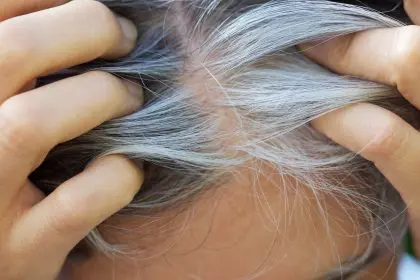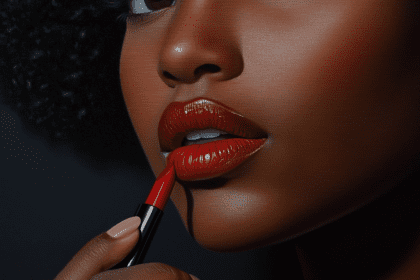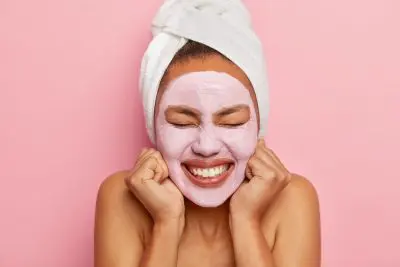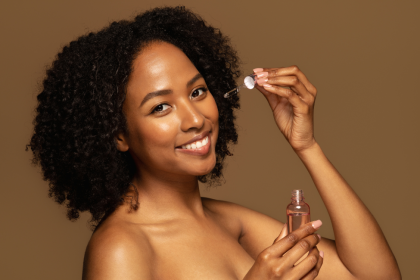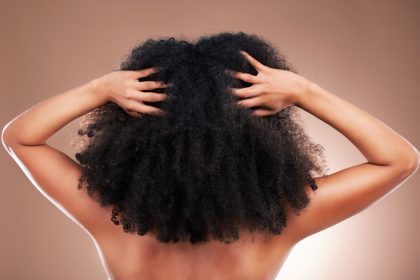The natural hair movement continues to evolve in 2025, marking a significant shift away from rigid beauty standards and towards a more inclusive understanding of self-expression within Black communities. This transformation reflects deeper changes in how society approaches beauty, identity, and personal autonomy.
The evolution of natural hair
The journey toward embracing natural hair represents more than a mere style choice; it embodies a profound cultural shift that challenges generations of Eurocentric beauty standards. As the movement matures, it increasingly emphasizes personal freedom over conformity, marking a departure from both traditional restrictions and newer, self-imposed limitations.
Cultural transformation
The natural hair movement has expanded beyond its initial focus on rejection of chemical straighteners to encompass broader questions about authenticity, self-expression, and personal choice. This evolution reflects growing recognition that true liberation includes the freedom to style one’s hair according to personal preference rather than external expectations.
Breaking traditional boundaries
The contemporary natural hair movement increasingly challenges not only mainstream beauty standards but also internal community pressures. The notion of what constitutes “authentic” natural hair care has broadened, acknowledging that individual expression may include various styling methods and approaches.
This shift represents a marked departure from earlier phases of the movement, where strict adherence to particular practices often created new forms of restriction. Today’s discourse increasingly emphasizes personal choice and individual agency in hair care decisions.
Cultural implications
The evolving conversation around natural hair reflects broader societal changes in how identity and authenticity are understood. The movement’s expansion beyond binary choices between “natural” and “processed” styles indicates a more nuanced understanding of personal expression and cultural identity.
Social impact
The natural hair movement’s influence extends beyond individual styling choices to affect institutional policies and social norms. As corporations and organizations increasingly recognize and respect diverse hair textures and styles, the movement’s impact on workplace culture and professional standards becomes more apparent.
Beyond perfectionism
A significant aspect of the current natural hair discourse involves challenging perfectionist attitudes that can create unnecessary pressure within the community. The emphasis shifts from achieving specific looks to embracing the versatility and unpredictability of natural hair textures.
This rejection of perfectionism represents a deeper questioning of internalized beauty standards and their impact on self-worth. The movement increasingly recognizes that true liberation includes freedom from both external and self-imposed restrictions.
Future directions
As the natural hair movement continues to evolve, it increasingly emphasizes inclusivity and personal autonomy. This shift reflects growing recognition that authentic self-expression may take various forms, all equally valid within the broader context of cultural pride and personal identity.
The movement’s future appears to lie in its ability to maintain core principles of self-acceptance while embracing diverse expressions of natural hair care and styling. This balance between cultural affirmation and individual choice shapes the movement’s ongoing development.
The natural hair movement’s evolution reflects broader societal changes in how identity, authenticity, and personal choice are understood. As the movement matures, it increasingly emphasizes individual autonomy while maintaining its role in challenging traditional beauty standards.
This transformation suggests a future where personal hair choices can be truly free from both external pressures and internal community restrictions. The movement’s expanding definition of acceptable practices indicates growing recognition that true liberation includes the freedom to express oneself authentically.
Looking ahead, the natural hair movement appears poised to continue its evolution toward greater inclusivity and personal freedom. This development suggests a future where individuals can truly embrace their natural hair while feeling empowered to style it according to their own preferences and desires.
The ongoing transformation of the natural hair movement represents a significant shift in how beauty, identity, and personal choice are understood within Black communities and society at large. This evolution points toward a future where authentic self-expression takes precedence over conformity to any particular standard.



